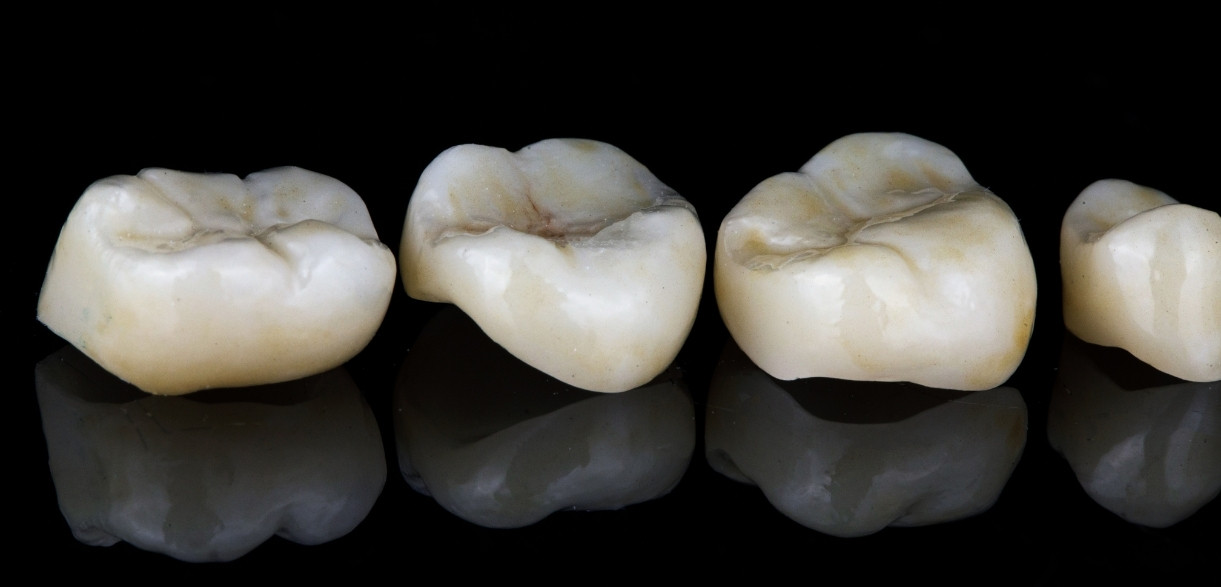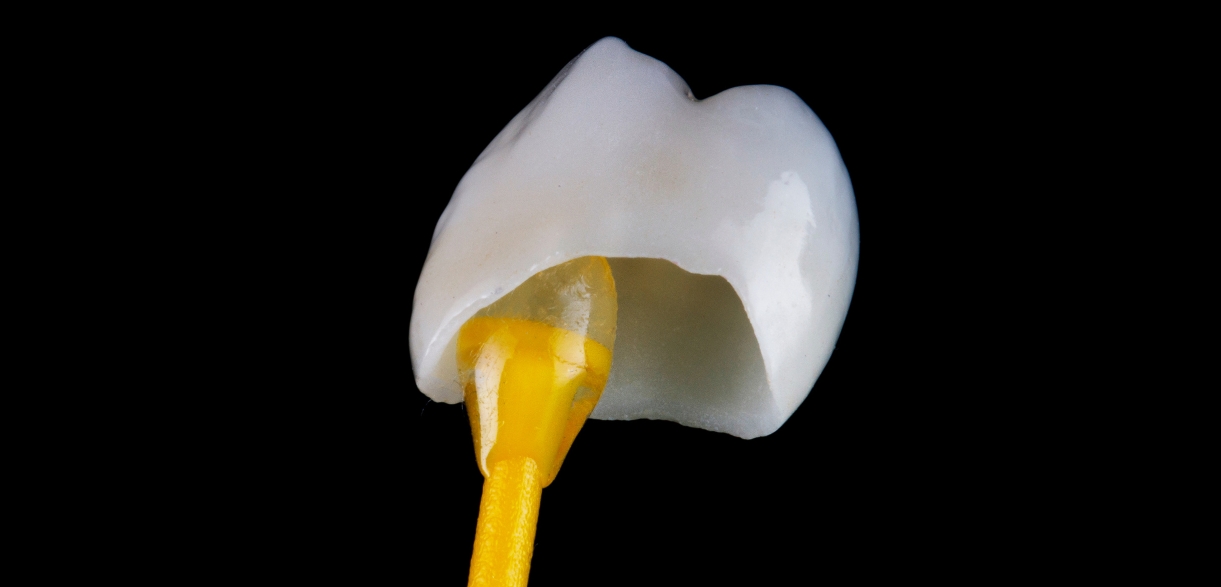Call: 281-955-0251
The Impact of Dental Crowns on Oral Health: What You Should Know

By Winning Smiles Dental
Dental health is more than just a bright smile; it plays a big role in overall well-being. Among the many dental procedures available, dental crowns are a common solution that can save damaged teeth. They offer both protection and aesthetics. If you’re considering this treatment, it’s helpful to know what dental crowns do for your oral health.
This blog will cover everything you need to know about how they impact your dental well-being.
How Do Dental Crowns Work?
A dental crown is a cap placed over a damaged tooth. It covers the entire visible part of the tooth, restoring its shape, size, and strength. These crowns can be made from various materials like porcelain, ceramic, or metal alloys. Each material has its benefits, often depending on where the crown is located in the mouth.
Dental Crowns are often used for:
- Protecting a weak tooth from breaking
- Restoring an already broken or worn-down tooth
- Covering and supporting a tooth with a large filling
- Holding a dental bridge in place
- Capping a dental implant
Benefits of Dental Crowns
Dental crowns come with a host of advantages. They don’t just improve the appearance of your teeth but also enhance their function. Here’s a closer look at the key benefits:
1. Protection and Durability
- Dental crowns protect weak or damaged teeth from further harm.
- They provide an extra layer of strength, making it easier to chew.
- Crowns are designed to withstand normal wear and tear, ensuring durability.
2. Natural Appearance
- Modern crowns mimic the natural look of teeth.
- Porcelain or ceramic crowns can blend seamlessly with your natural teeth.
- They improve aesthetics, making teeth look healthier.
3. Improved Chewing and Speaking
- Damaged teeth can make chewing difficult, causing discomfort.
- Crowns restore proper chewing function, reducing stress on other teeth.
- They help with pronunciation issues caused by missing or broken teeth.
4. Comfort and Custom Fit
- Each crown is custom-made to fit the specific tooth.
- This personalized fit ensures comfort while eating and speaking.
- The process is straightforward, making it a simple procedure for most patients.
The Process of Getting a Dental Crown
Getting a dental crown usually involves a couple of visits to the dentist. The process is simple and mostly pain-free, thanks to modern dental techniques. Here’s what you can expect:
1. Initial Visit: Preparation and Impressions
- The dentist examines and prepares the damaged tooth.
- The dentist may reshape the tooth to make room for the crown.
- The dentist takes an impression to create a model for the custom crown.
- A temporary crown may be placed while the permanent one is being made.
2. Second Visit: Fitting the Permanent Crown
- The temporary crown is removed.
- The permanent crown is adjusted for a perfect fit.
- Once everything looks good, the crown is cemented in place.
- Aftercare instructions are given to ensure proper healing and adjustment.
Impact of Dental Crowns on Oral Health
Dental crowns offer a blend of functional and aesthetic benefits. Here are some of the key ways they contribute to oral health:
1. Prevention of Further Decay
- Crowns act as a shield for damaged or decayed teeth.
- They prevent bacteria from causing further damage.
- This helps in avoiding more extensive procedures like root canals.
2. Alignment and Bite Correction
- Crowns can help improve tooth alignment.
- They also correct bite issues by filling gaps in damaged teeth.
- Proper alignment reduces jaw pain and stress on other teeth.
3. Increased Tooth Longevity
- Crowns extend the lifespan of damaged teeth.
- They reduce the chances of tooth extraction by reinforcing weak teeth.
- This long-term solution supports a healthier mouth overall.
4. Improved Gum Health
- A properly fitted crown reduces gaps where food particles can get stuck.
- This makes oral hygiene easier, leading to healthier gums.
- The reduction of bacteria build-up lowers the risk of gum disease.
Common Concerns About Dental Crowns
While dental crowns offer many benefits, some patients have concerns. It’s essential to understand the potential challenges so you can make an informed decision.
1. Sensitivity Issues
- Some patients may experience temporary sensitivity after getting a crown.
- Using toothpaste for sensitive teeth can help ease discomfort.
- If sensitivity persists, it’s best to consult with your dentist.
2. Potential for Damage
- Crowns, like natural teeth, can crack or chip.
- Avoid chewing on hard objects like ice or hard candies.
- Regular dental check-ups can catch any minor issues early.
3. Proper Care and Maintenance
- Maintaining crowns is simple: brush and floss like normal teeth.
- Regular dental cleanings keep them in top shape.
- Avoid teeth grinding, and consider a mouthguard if you grind at night.
Tips for Taking Care of Your Dental Crowns
Taking care of dental crowns is straightforward. Here are some essential tips to keep them in excellent condition:
- Brush and floss twice daily, just like with natural teeth.
- Use fluoride toothpaste to protect the area around the crown.
- Rinse with an antibacterial mouthwash to reduce plaque build-up.
- Schedule regular check-ups to monitor the health of the crown and surrounding teeth.
- Avoid sticky or hard foods that can damage the crown.
- Wear a mouthguard if you play contact sports to protect the crowns.
Dental crowns can transform both the look and health of your teeth. They offer a reliable way to preserve natural teeth and maintain a healthy smile. If you suspect a tooth might need reinforcement, consult your dentist. They can guide you in choosing the right type of crown and ensure it’s a good fit for your oral health needs.

